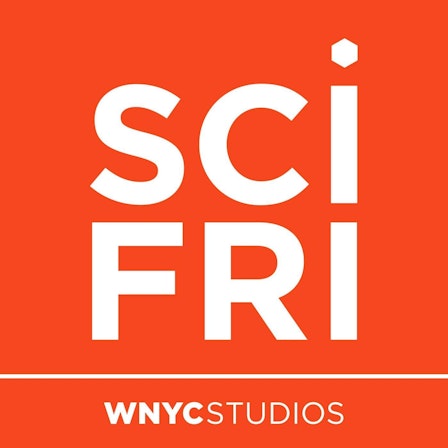
Brain fun for curious people.
Episodes
Without climate action, the United States would only have snow cover high in the mountains by the end of the... more
In an interview from 2002, the primatologist gave Ira a lesson in how to speak with chimps.
Two SciFri producers discuss the year’s most intriguing stories, from new weight-loss drugs to PFAS chemicals to the ManhattAnt.
Ira is joined on stage by researchers from three different fields to reflect on all that 2024 brought us in... more
What makes three very different conservation projects so successful? These experts say it’s getting the community involved. And, archaeologists make... more
To wrap up 2024, science writer Riley Black shares her favorite paleontology discoveries of the year. And, if treated properly,... more
On December 24, 2024, NASA’s probe will break its own record for closest approach to the sun—just 3.8 million miles... more
For its 10th anniversary, the science advisor for “Interstellar” discusses the film’s impact and how new information about gravitational waves... more
Officials say the invasive Asian giant hornet, with its menacing nickname, has been eradicated from the United States. Also, with... more
A program trains women as tactile medical examiners to identify tumors before they show up on imaging scans. And, in... more
